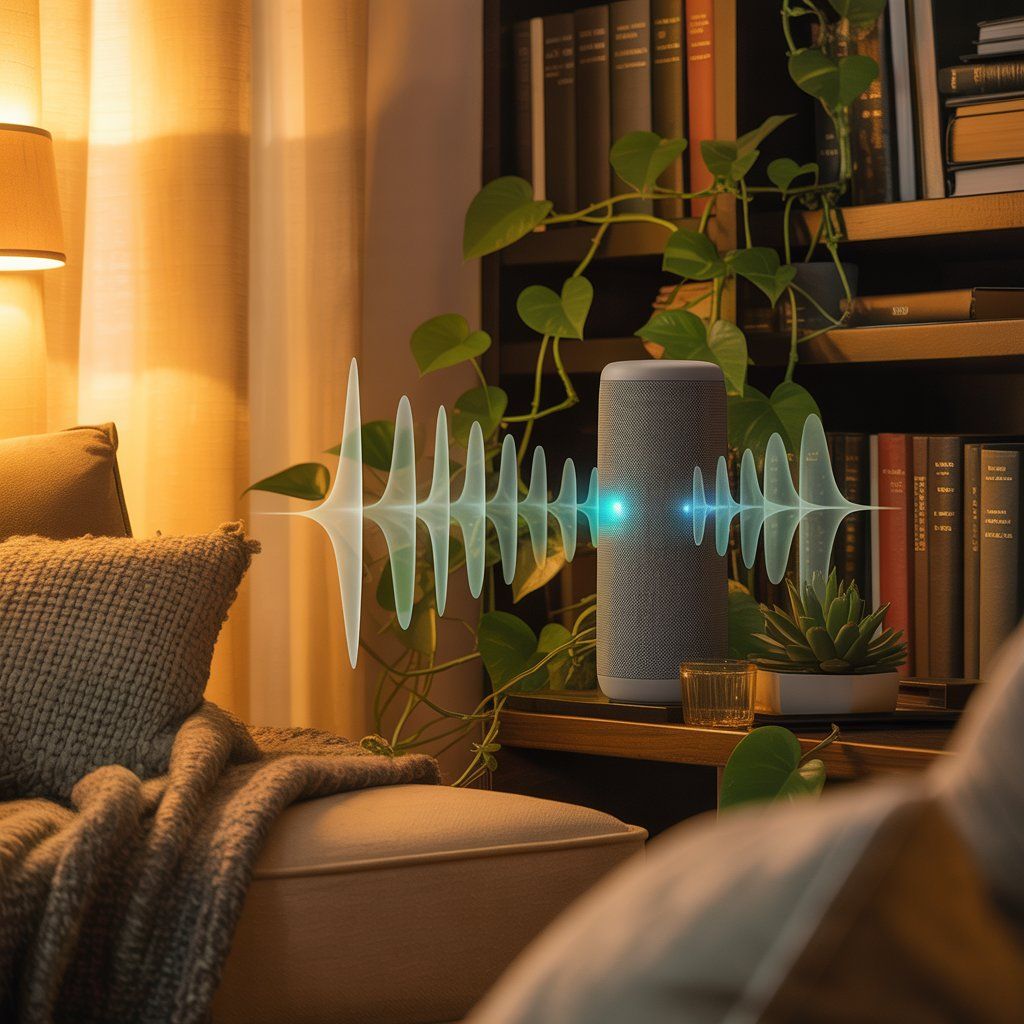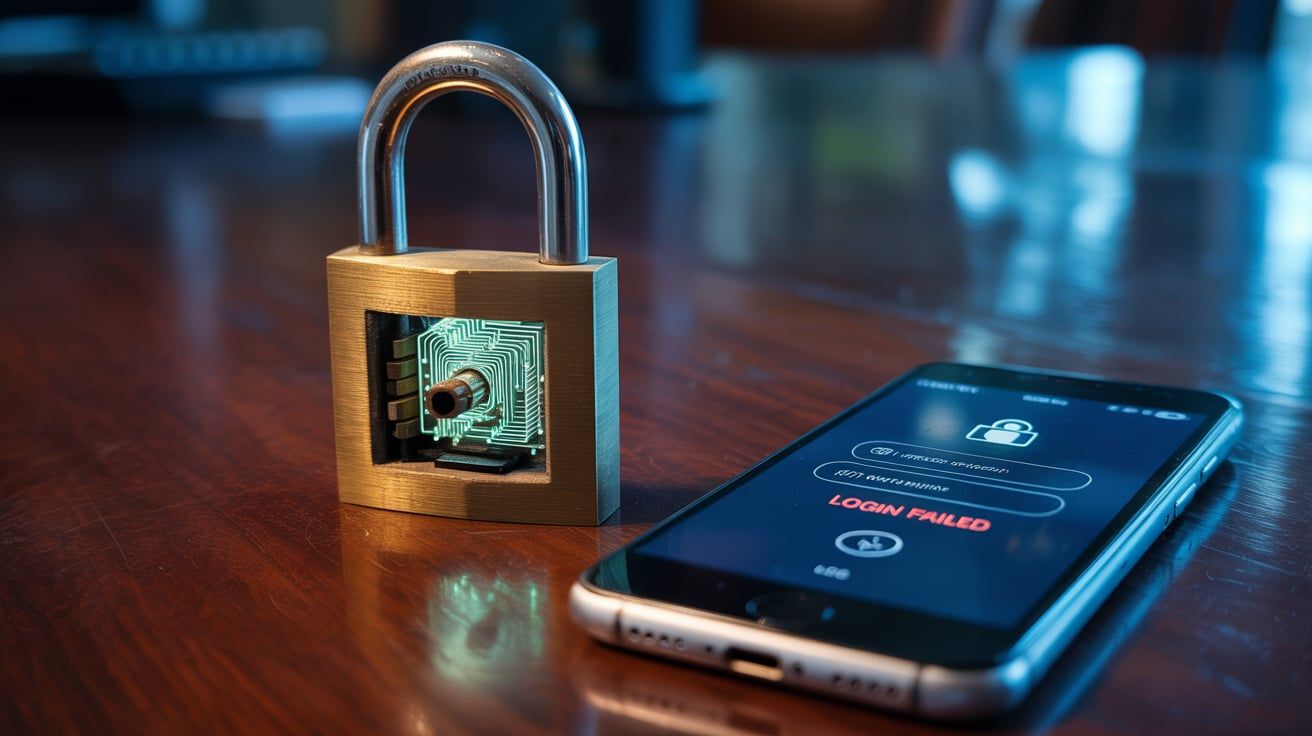
The Silent Observer in Your Living Room
Imagine this: you’re having a private conversation with a loved one in your living room, discussing sensitive personal matters. You think you’re alone, but unbeknownst to you, a small, unassuming device is diligently recording every word. Sounds like a scene from a dystopian thriller, right? Unfortunately, this scenario is becoming increasingly common, thanks to the proliferation of smart home technology. We’re not talking about elaborate hacking schemes or government surveillance; we’re talking about the very gadgets you willingly invite into your home, often with the promise of convenience and enhanced living.
The culprit? Voice assistants. Devices like Amazon Echo, Google Home, and Apple HomePod have become ubiquitous, offering hands-free control over everything from lighting and music to security systems and appliances. But behind their sleek designs and helpful features lies a complex web of data collection and analysis, raising serious concerns about privacy and security. Let’s delve into the specifics of how these seemingly innocuous devices are potentially spying on you and what you can do to protect yourself.
How Voice Assistants Listen (and Record)
The core functionality of a voice assistant relies on its ability to constantly listen for a “wake word,” such as “Alexa,” “Hey Google,” or “Hey Siri.” Once triggered, the device begins recording your voice and transmitting the audio to the company’s servers for processing. This is where the AI magic happens: the software analyzes your speech, interprets your commands, and executes the requested action. However, the recording doesn’t simply vanish after your request is fulfilled. Companies typically retain these recordings, ostensibly to improve the accuracy and performance of their voice recognition algorithms. This is a crucial point to understand: your voice data is being stored and analyzed, potentially indefinitely.
The implications of this data retention are significant. While companies claim to anonymize the data, it’s often possible to link recordings back to individual users. This creates a detailed profile of your habits, preferences, and even your personal conversations. Think about all the things you say within earshot of your voice assistant: casual remarks, phone calls, arguments, even private thoughts spoken aloud. All of this information could be collected and used in ways you never intended. The innovation that powers these devices comes at a cost, and that cost is often your privacy.
The Data Collection Ecosystem: More Than Just Voice
It’s not just your voice recordings that are being collected. Voice assistants are often integrated with other smart home devices, creating a vast ecosystem of data collection. For example, your smart thermostat might track your temperature preferences and daily routines, while your smart lights could monitor your activity patterns. This data, combined with your voice recordings, paints a remarkably detailed picture of your life inside your home. This interconnectedness, while offering convenience, amplifies the potential for privacy breaches and misuse of your personal information.
Furthermore, many voice assistants are linked to your online accounts, such as your email, calendar, and social media profiles. This allows them to provide personalized recommendations and services, but it also gives them access to even more of your personal data. The more you integrate your life with these gadgets, the more information you’re sharing with the companies behind them. It’s a trade-off between convenience and privacy that many users may not fully understand.
The Risks of Data Storage and Analysis
The sheer volume of data collected by voice assistants raises serious security concerns. These recordings are stored on company servers, which are vulnerable to hacking and data breaches. If a hacker gains access to these servers, they could potentially access your voice recordings and other personal information. Imagine the damage that could be done with access to your private conversations, financial details, or even your daily routines. The risk is not theoretical; data breaches are becoming increasingly common, and even the largest companies are not immune.
Beyond hacking, there’s also the risk of data misuse by the companies themselves. While they claim to use the data to improve their services, there’s always the potential for it to be used for other purposes, such as targeted advertising or even selling your data to third parties. The lack of transparency and control over how your data is used is a major concern. We need stronger regulations and greater accountability to ensure that these companies are not abusing their power.
Real-World Examples of Privacy Concerns
Numerous incidents have highlighted the potential privacy risks associated with voice assistants. In one case, an Amazon Echo recorded a private conversation between a couple and sent it to a random contact in their address book. In another instance, Google Home devices were found to be recording audio even when not triggered by the wake word. These incidents demonstrate that even with the best intentions, these devices are prone to errors and vulnerabilities that can compromise your privacy. These aren’t isolated incidents; they represent a pattern of privacy concerns that should give users pause.
Furthermore, there have been reports of law enforcement agencies using voice assistant data as evidence in criminal investigations. While this may be justified in certain circumstances, it raises questions about the extent to which your private conversations can be used against you. The potential for government surveillance through these devices is a legitimate concern, especially in an era of increasing digital monitoring. The software that powers these devices is powerful, and its potential for misuse is significant.
Taking Control: Protecting Your Privacy
Fortunately, there are steps you can take to protect your privacy while still enjoying the convenience of voice assistants. First and foremost, review the privacy settings of your devices and disable any features that you’re not comfortable with. For example, you can disable the option to store voice recordings or limit the amount of data that’s shared with third parties. Take the time to understand what data is being collected and how it’s being used. Knowledge is power when it comes to protecting your privacy.
Another important step is to regularly delete your voice recordings. Most voice assistant platforms allow you to access and delete your recordings through their respective apps or websites. Make it a habit to review and delete your recordings on a regular basis. You can also consider using the mute button on your device when you’re having sensitive conversations. While this may defeat the purpose of having a voice assistant, it’s a simple way to ensure that your conversations are not being recorded. Remember, you have the right to control your data and protect your privacy.
The Future of Smart Home Privacy: What to Expect
The future of smart home privacy is uncertain, but there are some promising developments on the horizon. One trend is the increasing focus on privacy-preserving technologies, such as federated learning and differential privacy. These techniques allow companies to train their AI models without directly accessing your personal data. Instead, the models are trained on decentralized data sources, ensuring that your data remains private and secure. This innovation could revolutionize the way we interact with smart home devices, allowing us to enjoy the benefits of AI without sacrificing our privacy.
Another important development is the growing demand for greater transparency and accountability from tech companies. Consumers are becoming increasingly aware of the privacy risks associated with smart home devices, and they’re demanding more control over their data. This pressure is forcing companies to be more transparent about their data collection practices and to provide users with more options for managing their privacy. Ultimately, the future of smart home privacy will depend on a combination of technological innovation, regulatory oversight, and consumer awareness.
Making Informed Choices in a Connected World
The rise of smart home technology has brought unprecedented convenience and automation to our lives. However, it’s crucial to be aware of the potential privacy risks associated with these devices. By understanding how voice assistants collect and use your data, you can make informed choices about which devices to use and how to configure them. Remember, you don’t have to sacrifice your privacy for the sake of convenience. By taking proactive steps to protect your data, you can enjoy the benefits of smart home technology without compromising your personal information. The key is to stay informed, be vigilant, and demand greater transparency and accountability from the companies that are collecting your data. The gadgets in our homes should serve us, not spy on us.
The world of smart home technology is constantly evolving, and it’s important to stay up-to-date on the latest privacy developments. Read reviews, research the privacy policies of different devices, and talk to your friends and family about their experiences. By sharing information and raising awareness, we can create a more privacy-conscious culture and ensure that our homes remain a safe and secure space. So, take control of your smart home devices today and protect your privacy. Start by reviewing your privacy settings and deleting your voice recordings. Your privacy is worth it.


